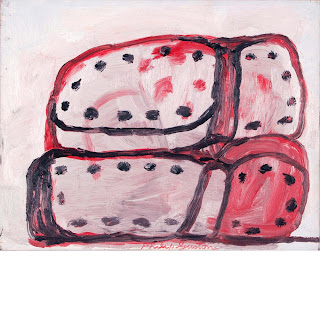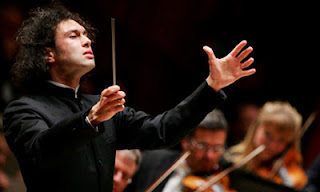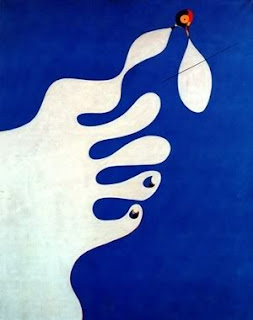Map Is an Unwelcomed Trope

Bani Abadi, Pakistan, The Boy Who Got Tired of Posing, 2006 "No Country: Contemporary Art for South and Southeast Asia" is the first installment of a three-part project of the Guggenheim UBS Map Global Art Initiative. I saw the exhibition on Wednesday and was impressed by the variety of works on show. June Yap, from Singapore, is the curator of the show. I don't know anything about South and Southeast Asia art, and so cannot tell whether the chosen artists are the usual suspects of the international art circuit. The Singaporean artist Tang Da Wu I vaguely know as an art pioneer, and his modern sculptural reworking of a Chinese story is pleasing in its abstract simplicity and emotional resonance. Do read, however, the essay by Philippine art critic Eileen Legaspi-Ramirez, who is critical of the Guggenheim's belated attempt to "map" the world of global art. She questions how much leeway and resources the Guggenheim gave to June Yap: What I’d like...














